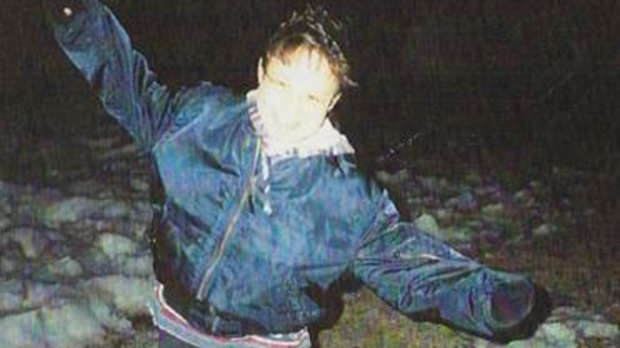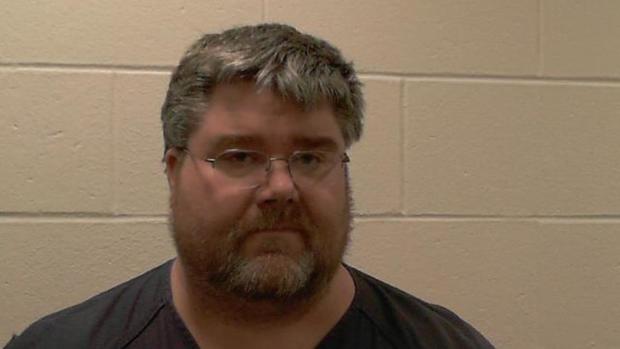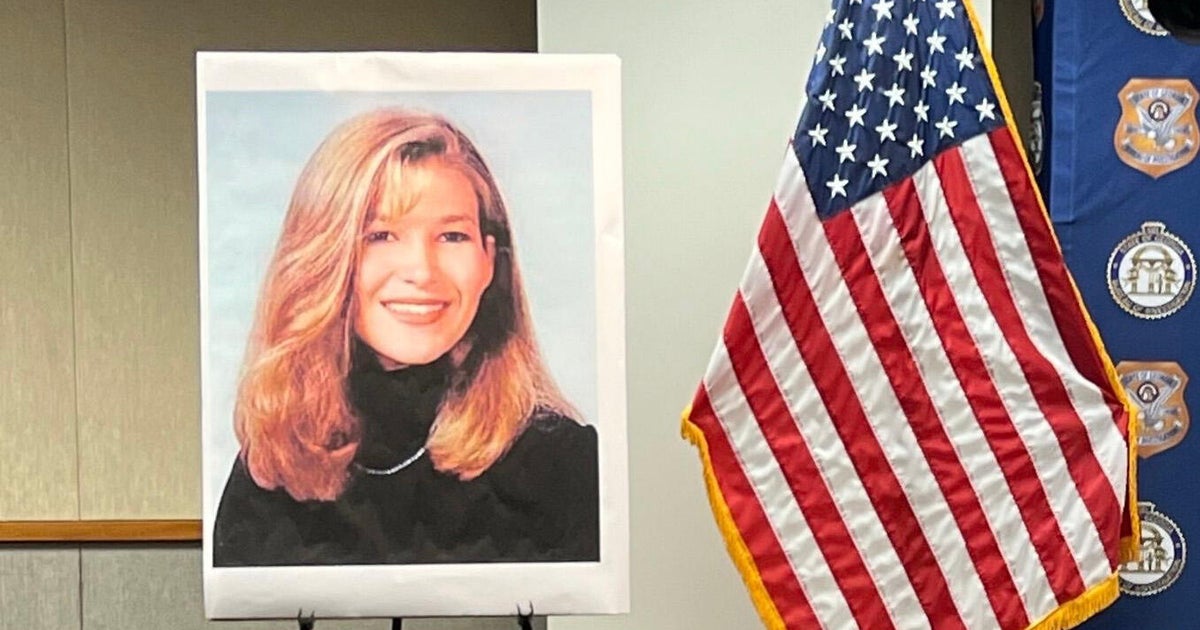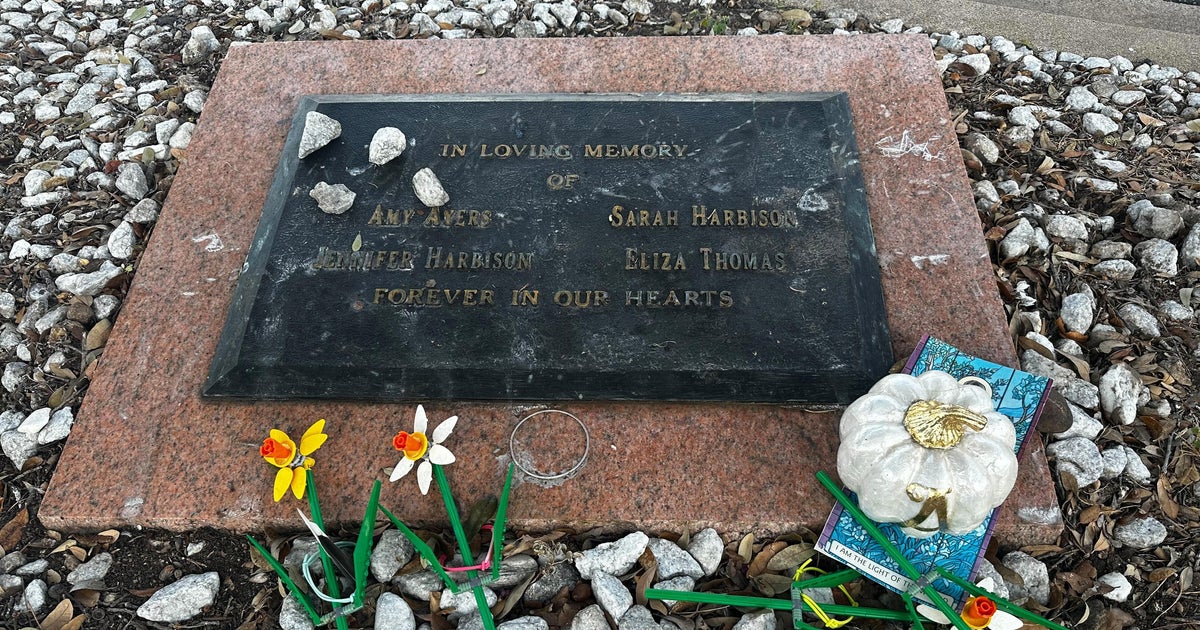Man accused of killing woman found in dorm bathtub in 1993 can present evidence about other suspects, judge rules
A Maine man charged in a young woman's killing 28 years ago at the University of Alaska at Fairbanks will be allowed to present evidence about three alternative suspects at his trial next month. Sophie Sergie, 20, of Pitkas Point, Alaska, was found dead in a dorm bathtub at the university in 1993.
Steven Downs, 47, of Auburn, was charged with sexual assault and murder, and extradited to Alaska, after DNA his aunt submitted to a genealogy website helped match him to DNA from the crime scene.
The trial is due to start on January 3.
Downs lived in the dorm where the body of Sergie was discovered in 1993. She had been shot in the head with a .22-caliber gun, stabbed in the cheek and eye, struck with a blunt instrument, choked with a ligature, and shocked with a stun gun.
The Sun Journal newspaper reported that the judge is allowing the defense to present evidence against three other men in an effort to raise reasonable doubt about Downs' guilt.
They include Downs' roommate, who was employed by the school as a security guard and was fired for possession of a gun; a student seen leaving the bathroom where the body was found and who allegedly owned a gun; and a man whose deceased sister claimed he'd confessed.
Downs' defense had sought to present evidence against 16 alternative suspects during the trial.
Downs and his roommate were both briefly interviewed during the initial investigation, court documents said, but they denied having any knowledge of the murder.
In 2019, investigators interviewed Downs in Maine, where he lived and was employed as a nurse, but he again denied involvement, according to the charging documents. When Maine State Police showed him a picture of Sergie, he allegedly said he remembered a woman had been murdered on campus, but denied knowing her.
"I remember the pictures, it's terrible, poor girl," he said, according to the documents.
He said he believed soldiers from Fort Wainwright, a nearby Army barracks, may have been responsible because they were often in the dorm. He said if he knew anything about the murder he would have been "forthright from the jump" and maintained "I never knew or saw anything to begin with."
But when investigators obtained a search warrant for Downs' DNA, according to the charging documents, it matched the suspect profile. Downs' DNA hadn't come up in the previous search of the national criminal database because he had no previous arrests, the charging documents said.
Erin Donaghue contributed to this report.





